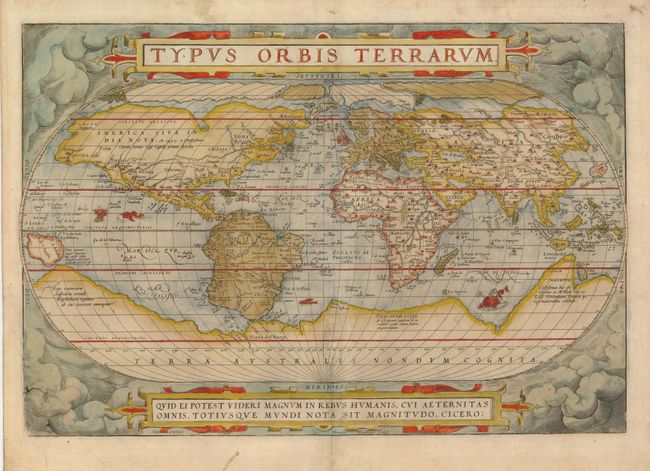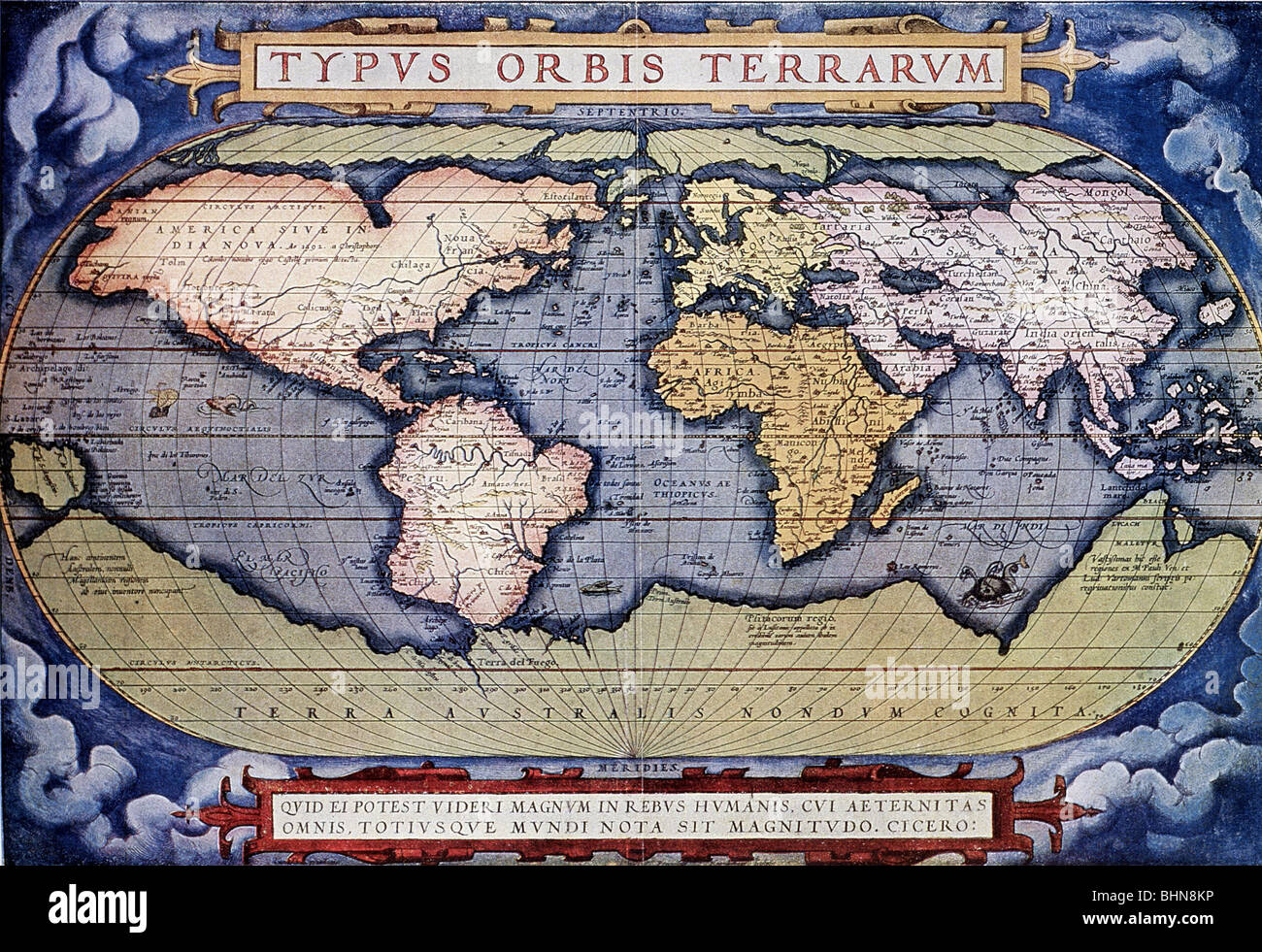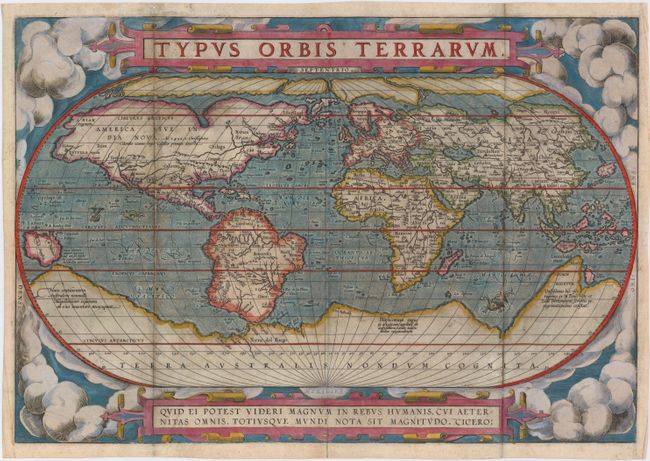
This actual map is a true first edition or state (1573IG39A), of 3 states, with German text & page number 39A on the verso. There were a total of 6275 of these maps published between 15, with approx. This extremely handsome and much sort after original antique map of the Island of Cyprus was published by Abraham Ortelius in 1573.

Three years after Ortelius died in 1598, his heirs transferred publication rights to Jan Baptiste Vrients who produced the later editions until he died in 1612 The English edition was published in 1606 by John Norton, the maps being printed in Antwerp and the text added in London. Theatrum Orbis Terrarum Between these years the Theatrum was re-issued in 42 editions with 5 supplements with text in Latin, Dutch, German, French, Spanish, Italian and English. Today, his contributions to the field of cartography are still celebrated, and his maps and atlases are highly prized by collectors and scholars alike. Ortelius received numerous honors and accolades during his lifetime, including being appointed geographer to the king of Spain and being elected a member of the prestigious Antwerp Guild of St. He traveled extensively throughout Europe, visiting libraries and meeting with other cartographers and geographers to exchange information and ideas. In addition to his cartographic work, Ortelius was also an avid collector of maps, books, and manuscripts. The atlas contained a collection of maps that were accurate, detailed, and beautifully designed, making it popular among scholars, explorers, and merchants. Ortelius is best known for his atlas, "Theatrum Orbis Terrarum" ("Theatre of the World"), which was first published in 1570 and became one of the most influential works in the history of cartography. He initially worked as a map colorist before eventually establishing his own publishing house and becoming one of the leading cartographers of the 16th century. Born in Antwerp, Belgium, Ortelius was interested in geography and cartography from a young age.
.jpg)
TYPUS ORBIS TERRARUM ABRAHAM ORTELIUS 1570 CRACK
This is a nice example of the first edition of the map, pre-dating the appearance of the crack in the plate at the bottom left corner.Profile : Abraham Ortel, better known as Abraham Ortelius, was a Flemish cartographer and geographer, widely regarded as one of the greatest cartographers of his time. Includes several sea monsters, a sailing ship and other decorative embellishments.

An elongated Northwest Coast of America is shown, along with Anian. South America is shown in its potato configuration, as is the case in the first edition of this map. A massive Terra Australis Nondum Cognita is shown with equally bold conjecture in the Southern Hemisphere. Both the Northwest & Northeast Passages are shown quite boldly, although based completely upon myth and conjecture. The coastline of South America includes the extra bulge, which would be removed in state 2 (1585). On the verso, Ortelius mentions in his Catalogus Auctorum that he also apparently had access to and drew upon the world maps by Peter ab Aggere from Mechelen, Sebastian Cabotus from Venice, Laurentius Fries from Antwerp, Jacobus Gastaldi, Gemma Frisius from Antwerp, Guicciardinus from Antwerp, Doco ab Hemminga Frisius, and Orontius Finæus from Paris. The map is drawn from Gerard Mercator's 1569 wall map of the World, Gastaldi's 1561 world map and Diego Gutierrez' portolan map of the Atlantic.

The present example is from the earliest state of the map, which can be identifed by the signature of the engraver, Fransciscus Hogenbergus (Franz Hogenberg) below the Cicero quote (center right) and the lack of any evidence of cracking in the lower left part of hte plate. Ortelius' world map is one of the most important and widely disseminated maps of the second half of the 16th Century, forming the base model for a number of other contemporary maps. Nice example of the first edition of Ortelius' famous world map, from his Theatrum Orbis Terrarum, the first modern atlas of the World.


 0 kommentar(er)
0 kommentar(er)
